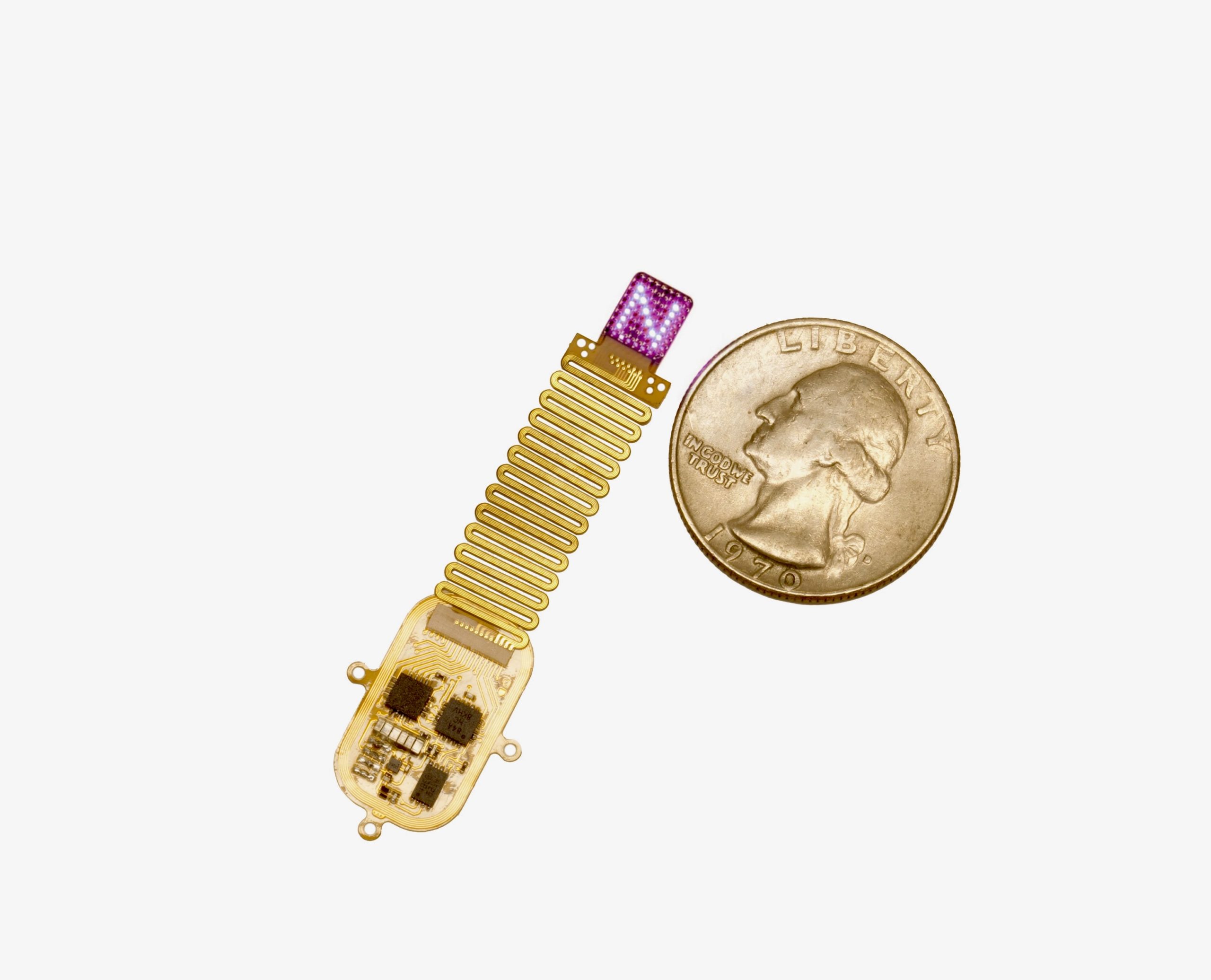-

Study Reveals Surprising Link Between HIV and Alzheimer’s
A new Northwestern Medicine study has uncovered a surprising molecular link between HIV-1 and a protein fragment associated with Alzheimer’s disease, according to findings published in the Proceedings of the National Academy of Sciences.
-

Understanding Cellular Differences that Impact Lymphoma Development
A Northwestern Medicine study has uncovered new insights that may aid in understanding and potentially treating one of the most common and aggressive forms of non-Hodgkin lymphoma, according to findings published in Science Advances.
-

Understanding How a Common Virus Manipulates Host DNA
Northwestern Medicine scientists have discovered how a common virus linked to birth defects and chronic illness manipulates host DNA, according to a new study published in Nature Communications.
-
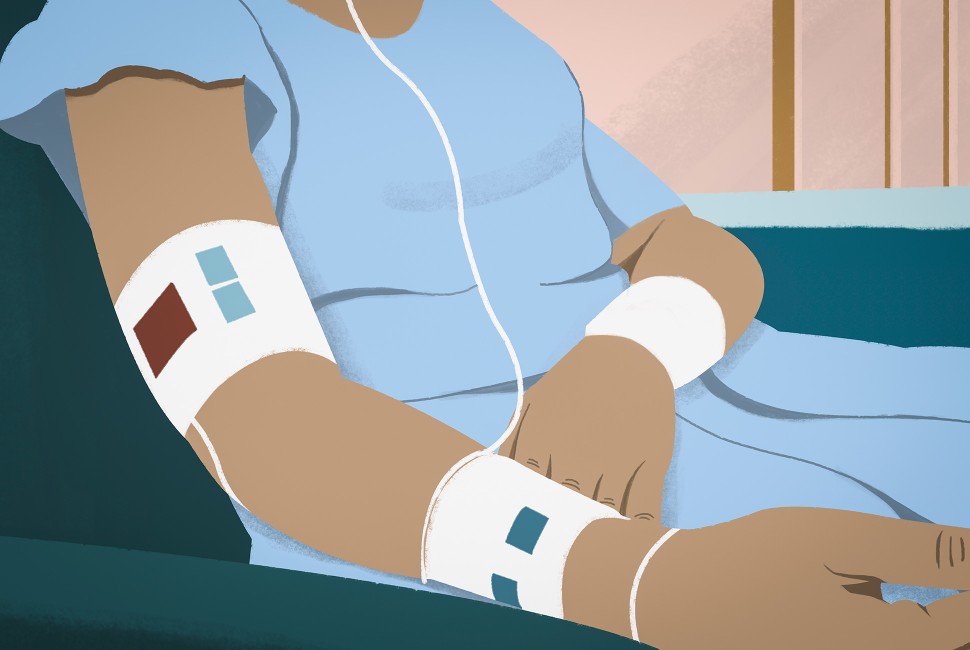
New Strategy Doubles Chemo Effectiveness in Treatment-Resistant Cancer
Northwestern scientists have discovered that the organization of a cell’s genetic material dictates cancer’s ability to adapt, according to a recent study published in the Proceedings of the National Academy of Sciences.
-
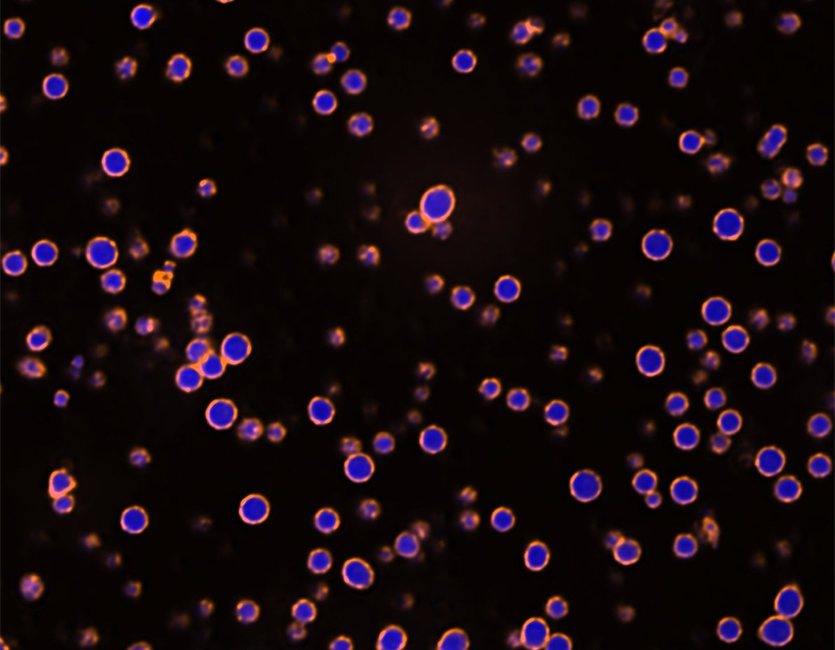
Cell Feature Implicated in Cancer Forms Differently than Previously Thought
A team lead by Northwestern scientists has found that paraspeckles, found in the nucleus of many cells, form differently than previously thought, which may aid in the design of future cancer drugs.
-

Exploring the Role of Non-Coding RNA in Gene Regulation
A new study has revealed that a long non-coding RNA plays a far more extensive role in regulating gene expression than previously understood, according to findings published in Nature Communications.
-
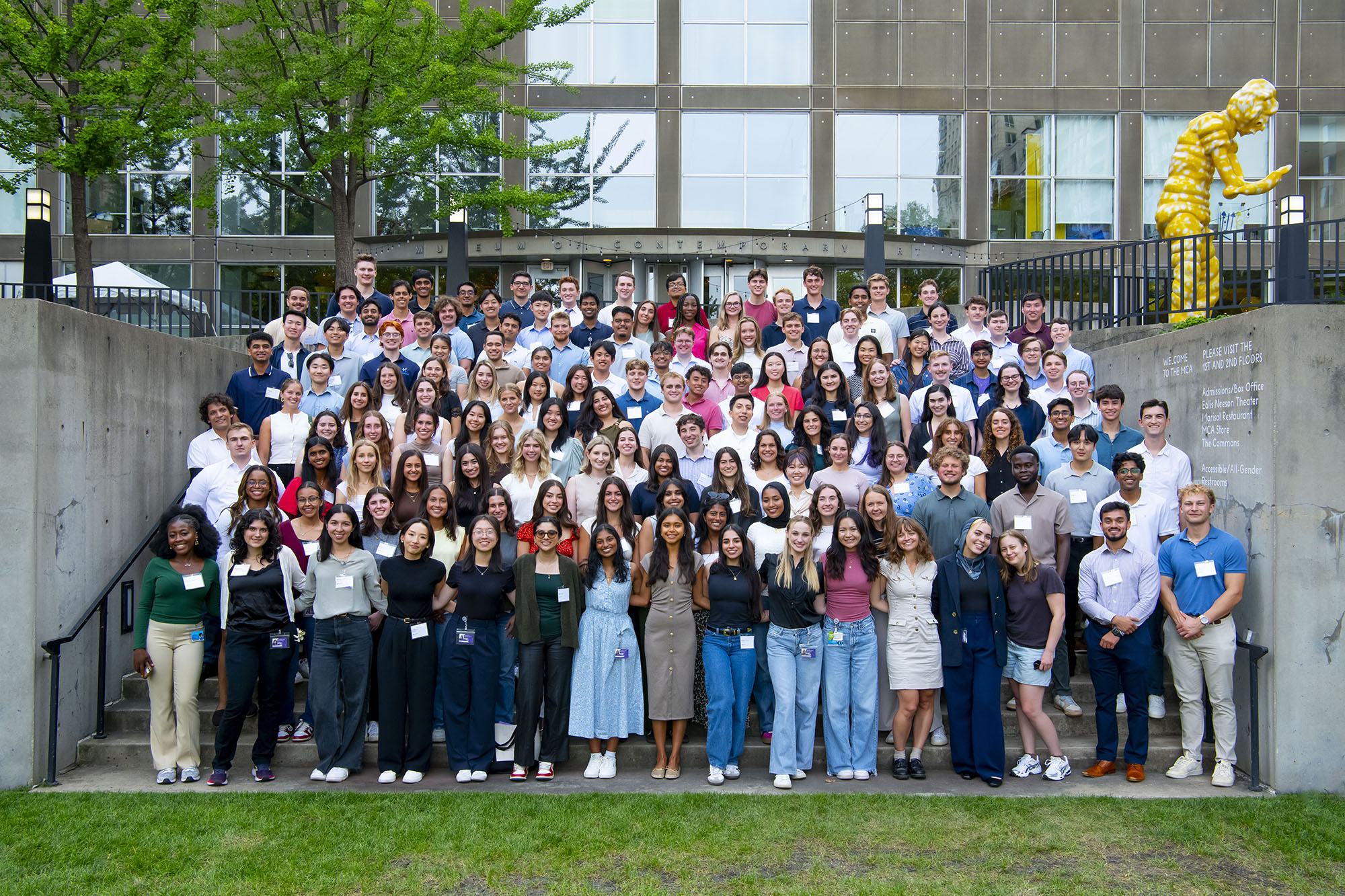
Feinberg Welcomes New MD Class with Weeklong Introduction to the Profession
Feinberg recently welcomed the entering MD Class of 2025 during the weeklong Introduction to the Profession module providing first-year students with a comprehensive overview of their medical education.
-

Developing Tools for Studying Essential Genes in Real Time
Northwestern Medicine investigators have developed a powerful new tool that allows scientists to precisely and rapidly control protein levels in living cells—offering unprecedented insight into the inner workings of essential genes, according to a new study published in Nature Communications.
-
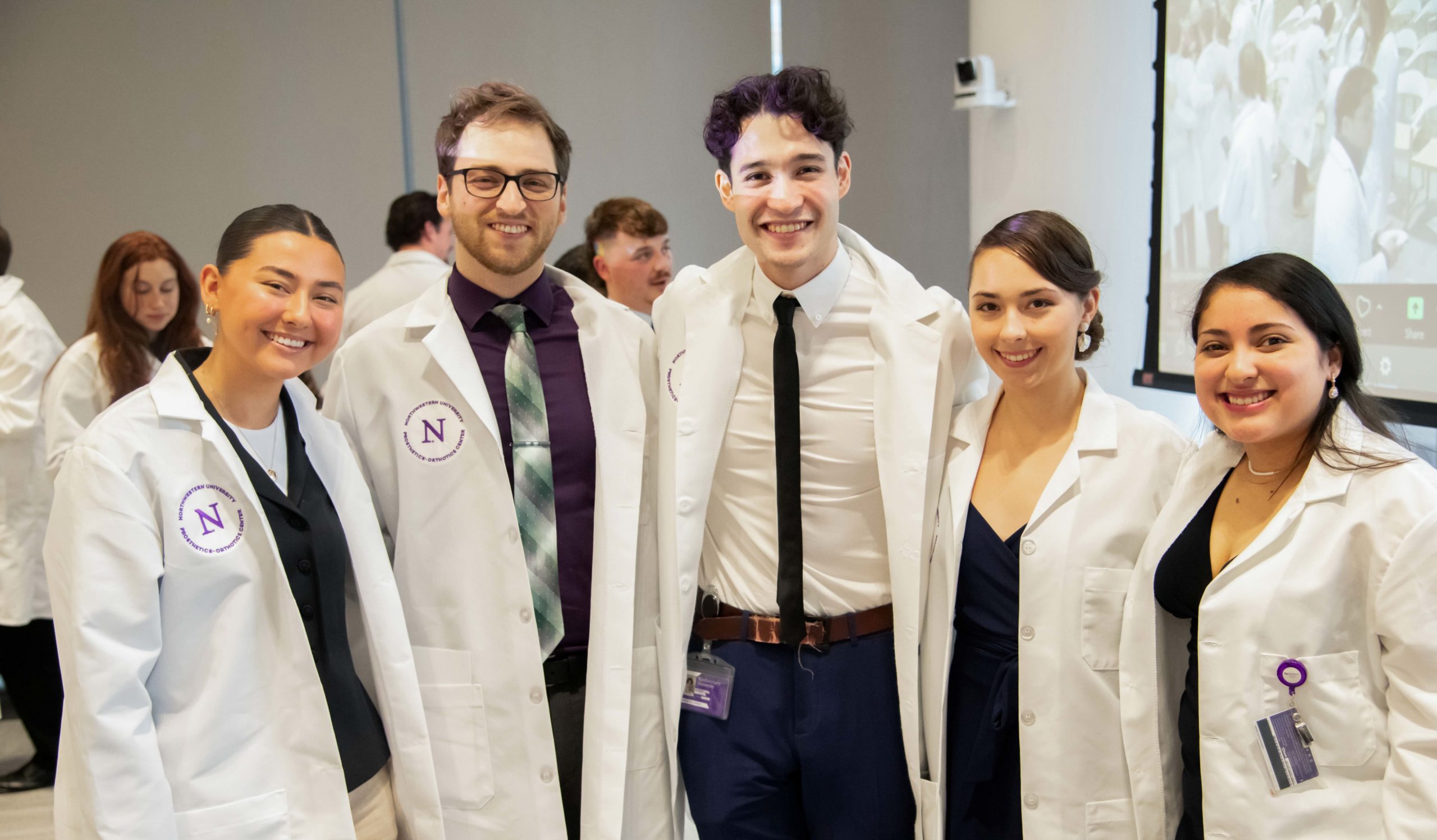
Feinberg Expands Prosthetics & Orthotics Education with Research Track Master’s Program
Northwestern has expanded the prosthetics and orthotics program with a Master of Prosthetics and Orthotics Research (MPO-R) degree, which offers the combination of rigorous clinical training with advanced research education.
-

How a ‘DNA Detangler’ Gene Protects Against Blood Cancer
A new Northwestern Medicine study has revealed how a common inherited mutation disrupts red blood cell development and sparks inflammation that may lead to leukemia, according to findings published in Nature Communications.
-

Revealing Hidden Drivers of Asthma Flare-Ups in Children
A multicenter clinical trial has uncovered inflammatory pathways that contribute to asthma flare-ups in children that occur despite treatment, according to findings published in JAMA Pediatrics.
-

New Wireless Sweat Patch May Improve Cystic Fibrosis Treatment
A new wireless and wearable device developed by Northwestern Medicine scientists measures specific biomarkers in a person’s sweat and has the potential to improve clinical decision-making for cystic fibrosis, as detailed in a recent study published in the Proceedings of the National Academy of Sciences.
-

Northwestern Accepting Nominations for 2026 Kimberly Prize
Northwestern University is accepting nominations for its $250,000 Kimberly Prize in Biochemistry and Molecular Genetics. The annual prize will be awarded in 2026.
-

New Drug Shows Promise in Treating a Common Cause of Hypertension
A novel drug may significantly improve outcomes for a subset of patients with high blood pressure, according to findings published in The New England Journal of Medicine.
-

Targeting Immune Cells to Improve Long-Term Survival in Organ Transplantation
Northwestern Medicine scientists have discovered how a subset of immune cells are essential for successful organ transplantation acceptance, according to a recent study published in The Journal of Clinical Investigation.
-

Innate Immune ‘Mismatch’ Could Transform Kidney Transplant Outcomes
A genetic mismatch may influence kidney transplant success and could inform how donor-recipient compatibility is assessed, according to a study published in Science Translational Medicine.
-

New Core to Visualize the Molecular Basis of Human Disease
The new core will provide access to the Glacios-2 Cryo-Transmission Electron Microscope, ancillary equipment for grid preparation and expertise as a shared resource to enhance research throughout the University.
-

What Makes a SuperAger?
Over a quarter-century of research, Northwestern scientists have been studying individuals over eighty with memory capacity of people at least three decades younger, to identify the biological and behavioral traits associated with “SuperAging.”
-

First-Year Medical Students Welcome New Academic Year at Founders’ Day 2025
At Fourth Presbyterian Church in Chicago, first-year medical students donned their white coats for the first time and welcomed the official start of the academic year at Founders’ Day on August 8.
-

Predicting Risk in Children with Heart Defects
A multi-center study has identified critical risk factors that increase the likelihood of death in children with Fontan circulatory failure who are awaiting or have recently undergone heart transplantation, according to findings published in Circulation.





